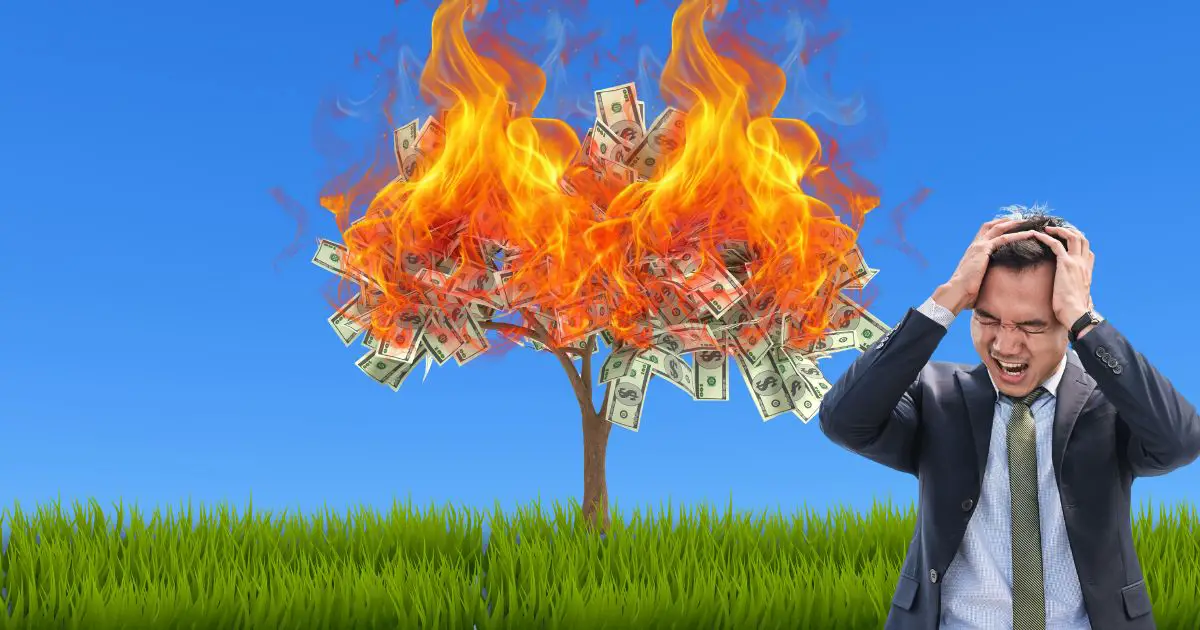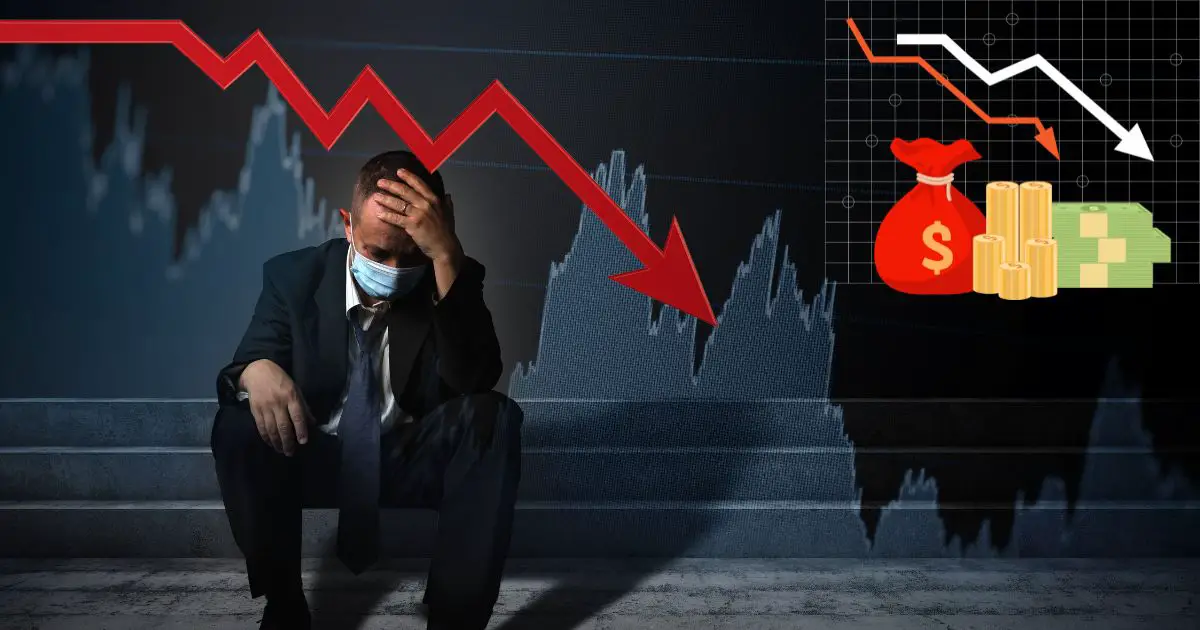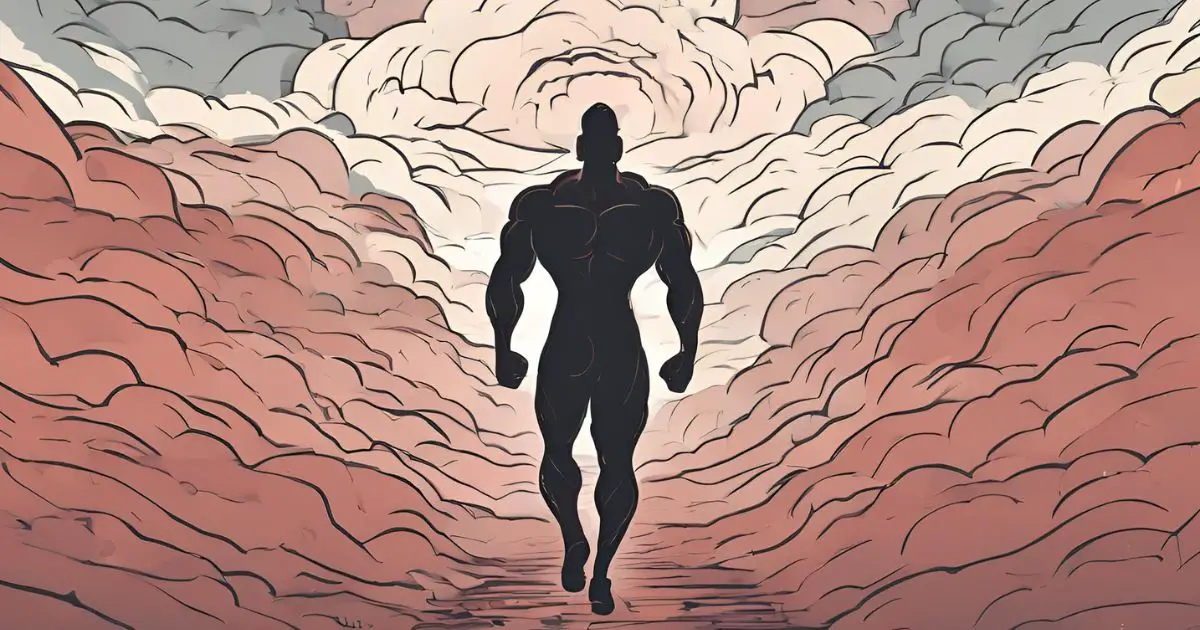Ever feel like you’re mentally weak and want to be mentally stronger? Maybe you feel other life experiences have made you soft because you’re spoiled. Let’s compare and see if that’s the case between the rich and the poor.
The mental strength of people, whether poor or rich, is not only determined by their financial situation. It also comes from various elements like individual experiences, the ability to recover fast, and ways of handling difficulties. Both groups have distinct struggles that mold their mental toughness in varying manners.
Understanding Mental Strength

Definition and Components
Mental strength, also known as mental toughness or resilience, is managing stress, pressure, and difficulties efficiently. It involves various important elements:
Emotional Regulation
The ability to control and react to emotions in a good way. This means knowing your emotions, understanding how they affect you, and using this knowledge to manage actions and relationships with wisdom and empathy. Good emotional regulation helps people stay calm when facing stress or quickly bounce back after experiencing difficulties.
Perseverance
The next element is endurance. It means being able to keep on going when faced with difficulties and failures. This quality is very important for reaching goals that take a long time, and it includes continuing with effort and interest over extended periods even if progress stays slow or tough. Staying power needs discipline, resoluteness as well as capacity to tolerate discomfort.
Optimism
Optimism is the habit of expecting the best possible result or dwelling on the most hopeful parts of a situation. This mindset might promote resilience by assisting people to discover significance in difficulty and keep up their motivation.
Self-Efficacy
Confidence in achieving goals and facing difficulties. When a person has high self-efficacy, it shows they believe they can control their motivation, actions, and social surroundings. This strength of belief may affect how someone tackles objectives or tasks as well as encounters problems, usually resulting in improved performance and more persistence.
How does Mental Strength develop?

Early Life Experiences
Adversities in childhood might enhance or diminish mental resilience, depending on how much backing one has and what methods of dealing with it they have acquired. Encouraging events during childhood and supportive bonds can lay a robust basis for resilience, but challenging experiences could test and even improve coping skills if handled well.
Support Networks
Mental resilience is also influenced by the connections we have with our family, friends, and mentors. A strong support system gives emotional comfort, practical help, and a feeling of fitting in, all crucial for handling stress or difficulty.
Life Challenges
Dealing with different life difficulties aids in the formation of mental strength. Each incident of conquering a hurdle can assist in boosting self-assurance and robustness, providing lessons about staying power, flexibility, and ingenuity.
Measuring Mental Strength

Psychological Assessments
Resilience Scale or the Mental Toughness Questionnaire. Tests that have been standardized and are used in schools to measure things like emotional regulation (for example, not easily getting upset), self-confidence, and perseverance can provide a systemized method for evaluating how resilient someone is.
Behavioral Observations
Watching how people react to stress and difficulties in real-life situations. When a person is dealing with tough times, it might show their coping ways, feelings, and how they solve problems.
Self-Reports
What people feel about their mental strength. When people think about how strong they are mentally, self-report surveys and questionnaires let them reflect on their own experiences and evaluate their perceived resilience and mental toughness.
Challenges Faced by Poor People

Daily Survival
Poor individuals face a big struggle with financial insecurity, creating daily stress and worry. Not being able to fulfill basic needs like food, housing, and health care. This ongoing battle for survival could lead to chronic stress and make it difficult for individuals to concentrate on long-term objectives.
Future Uncertainty
When you have no stability in your finances, it becomes hard to plan for the future. Not knowing how much money you will earn if there is work available or housing options can cause stress and make it difficult to set and reach long-term goals.
Social Stigma
Discrimination and social exclusion because of money matters. Social shame can make people feel less confident or cause problems in their minds, as they might be judged and pushed away from society.
Limited Access to Resources

Education
Less chances for good education can restrict growth in personal and professional life. Education is a critical factor for breaking the poverty cycle but poor individuals frequently encounter impediments like schools with insufficient funding, scarcity of educational materials, and lack of access to higher education.
Healthcare
When a person doesn’t have enough opportunities to use medical help, they may suffer from unattended physical and mental health problems. Differences in health can cause bad physical health, long-lasting illnesses, and not taking care of mental health conditions which make the difficulties faced by poor people worse.
Social Services
There may be a lack of social support services like counseling and financial assistance. Having access to social services can give essential help in handling stress and getting through tough times, but those who are poor frequently encounter obstacles when attempting to use these kinds of aid.
Environmental Stressors

Unsafe Living Conditions
Living conditions in cramped and dangerous housing can impact mental health. Bad housing situations like no proper water supply, insufficient cleanliness, inadequate toilets, and showers, along with the threat of assault or other types of violence can form an unpleasant setting for life that causes stress and ill health.
High Crime Rates
More contact with crime and violence can cause chronic stress and trauma. People who live in places where there is a lot of crime may always feel scared and not safe, which affects their mental health and wellness.
Poor Nutrition
Difficulties in obtaining food with good nutrients can create health problems, and thinking difficulties, and lessen a person’s ability to handle stress or tough situations.
Challenges Faced by Rich People

Family Pressure
Expectations about family achievements. Those who are wealthy might feel the weight of keeping up with their family’s success and maintaining the high benchmarks left by past generations.
Social Pressure
Pressure for keeping up appearances in social settings and lifestyle. The stress linked with maintaining a luxurious way of living and a high social position is mainly caused by the need to always put in effort, and be alert and aware.
Self-pressure
Inner motivation to succeed and keep up. Persons who do well usually establish big aims for themselves, which can result in self-inflicted pressure and tension.
Lack of Genuine Relationships

Trust Issues
Doubt about people’s true motives. It can be hard for rich people to know if someone is their real friend or just interested in money, causing a lack of trust and distance.
Isolation
Loneliness is also felt when many people are around. The feeling of being used and having only shallow connections can make someone feel alone and disconnected.
Superficial Connections
Relationships are driven by money rather than personal connection. When primary interactions are based on monetary influence, it becomes hard to establish significant connections.
Fear of Loss

Economic Downturns
Worry over possible monetary setbacks caused by market shifts. Unstable markets could be causing concern about protecting wealth and staying financially secure.
Security Concerns
Worries for personal and family safety. Riches can entice unwanted notice, sparking concerns about the protection and health of dear ones.
Legacy Concerns
Concerns about keeping and handing over money. The pressure to maintain wealth and successfully transfer it to coming generations can be quite intense.
Poor People’s Coping Mechanisms

Community Support
Community support networks can offer emotional, physical, and material help. They promote a feeling of being together, enhancing understanding and empathy among members. Additionally, these networks can provide direction in a variety of areas. When people feel connected with their community, it often results in increased contentment and better mental health overall.
Resourcefulness
Creativity in solving financial problems. Poor people usually find unique ways to handle their limited money, showing creativity and practicality.
Gratitude
Taking notice and being thankful for small joys and successes. This can assist people in keeping their spirits up and locating signs. finance in what they encounter, and stay positive even when situations are difficult.
Rich People’s Coping Mechanisms

Professional Help
Therapists, coaches, and counselors can be accessed. Professional help might offer advice and methods for handling stress, enhancing mental well-being, and building resistance.
Recreational Activities
Engaging in hobbies and activities, like doing sports or arts, going for a trip. These all are leisure activities that might bring relaxation and pleasure to help lessen stress.
Financial Security
Using money to reduce stress and promote well-being. Wealth can give access to good health care, wellness activities, and other things that help with mental and physical health.
Common Coping Mechanisms
Meditation to Cope
Methods like meditation and yoga for handling stress. Techniques of mindfulness, can boost emotional control, lessen stress and enhance general well-being.
Using Exercise for Mental Coping
Exercise to improve mental and physical health. Physical activity can lessen stress, boost mood, and increase resilience by enhancing overall health and wellness.
Learn to Be Mentally Stronger

Resilience Training
Programs, workshops, and courses that concentrate on developing resilience. They could be instructed about how to cope with problems, manage stress levels, and acquire abilities for tackling setbacks.
Access to Education
Making education and its resources available. Education gives knowledge, abilities, and chances to enhance economic position and create strength.
Conclusion
Mental strength is a complicated quality, not only shaped by economic conditions. People from both poor and rich backgrounds encounter special difficulties that affect their mental toughness in various manners.
For instance, lack of money and resources can be a trial for the mental strength of those who are poor; however, high anticipations and the fear of losing wealth can equally test those who are wealthy. Knowing these difficulties and using good ways to handle them, people from any background can build up their mental strength. In the end, being mentally tough is not only about money but also how someone deals with and conquers life’s hardships.





